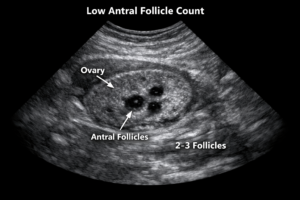Arjun and Mira was seating in front of me at Apollo Fertility Borivali Mumbai. They are visiting me after three failed IVF cycles at some other institute. They came to me in hope of starting family, frustration clouded their faces. Like many, they had assumed the issue was with Meera. But I had a different story to tell—one that stretched back to history.
“Yes,” I smiled. “But not with Josephine. Historians believe it was his fertility that was the problem early on. Later reports suggest his sperm quality was affected by stress, poor diet, and maybe even sexually transmitted infections—things we now know can influence male fertility.”
I paused. “If even Napoleon had understood male fertility better, perhaps history would’ve taken a different turn. And for you, Arjun, understanding this now could change your family’s future.”
Male fertility is not a footnote in the IVF journey—it’s half the story.





